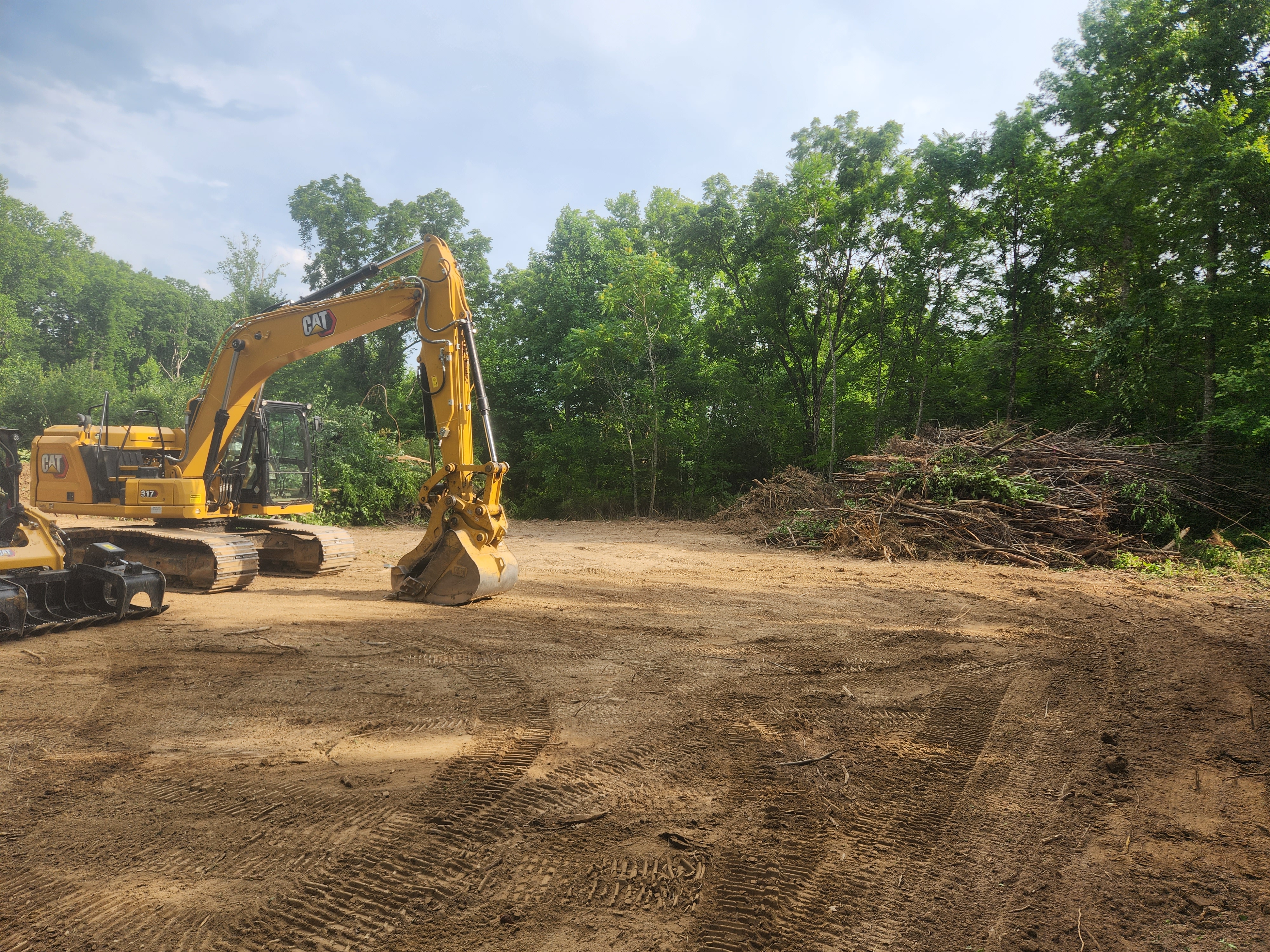
Digging into Sustainability: Eco-Friendly Practices in Modern Excavation Sep 29, 2025
Modern excavation techniques are evolving rapidly to incorporate environmentally responsible strategies. Traditional excavation methods can be intrusive, often resulting in significant environmental disruption. However, with advancements in technology and a growing emphasis on sustainability, companies are now able to minimize their ecological footprint. This shift begins with careful planning and site assessments, which are crucial to understanding the environmental impact of any project. By conducting thorough assessments, companies can identify the most efficient and least intrusive methods for excavation.
One of the primary ways C.A. Sherry Land Improvement, LLC exemplifies sustainable practices is by utilizing equipment designed to reduce emissions. Modern excavators and other heavy machinery now come equipped with engines that emit lower levels of harmful pollutants. This not only benefits the environment but also aligns with industry standards aimed at reducing carbon footprints. Moreover, regular maintenance of equipment ensures operational efficiency and minimizes energy consumption.
Another vital component of eco-friendly excavation is the management of waste and debris. Construction sites often produce considerable waste, but innovative approaches can significantly reduce this. For instance, recycling materials such as concrete and asphalt can minimize the amount of waste sent to landfills. By reusing these materials on-site or in other projects, companies contribute to a circular economy that values resource conservation.
Water management is another critical area where sustainable excavation practices are making a difference. During excavation, controlling runoff and preventing soil erosion are essential to preserving local ecosystems. Implementing systems that collect and filter runoff water protects nearby waterways from contamination. By doing so, C.A. Sherry Land Improvement, LLC not only safeguards the environment but also ensures compliance with environmental protection regulations.
Incorporating green technologies is another innovative approach to sustainable excavation. GPS and drone technology, for instance, have revolutionized how sites are surveyed and measured. These technologies enhance precision while reducing the need for multiple visits to the site, thus conserving fuel and time. Additionally, using software for 3D modeling helps in planning efficient excavation routes, preventing unnecessary soil disturbance and preserving natural habitats.
Green certifications are becoming increasingly relevant in the construction industry. Achieving certifications such as LEED (Leadership in Energy and Environmental Design) can demonstrate a company’s commitment to sustainability. These certifications not only improve a company’s reputation but also provide a competitive edge when bidding on projects that prioritize eco-friendly approaches.
Concluding, sustainable excavation practices represent a fundamental shift in how companies like C.A. Sherry Land Improvement, LLC operate. By embracing technology, optimizing processes, and focusing on waste reduction, they lead the way in environmentally responsible excavation. These initiatives not only reflect a commitment to sustainability but also offer practical benefits such as cost savings, regulatory compliance, and enhanced community relations. As the demand for sustainable practices continues to grow, the future of excavation will undoubtedly be greener and more resource-efficient. For clients seeking excavation services, choosing a company dedicated to environmental stewardship ensures that their projects are carried out with the utmost respect for the earth.
/filters:no_upscale()/media/7fffa79b-e159-4949-a618-ed875a9f2f07.jpeg)